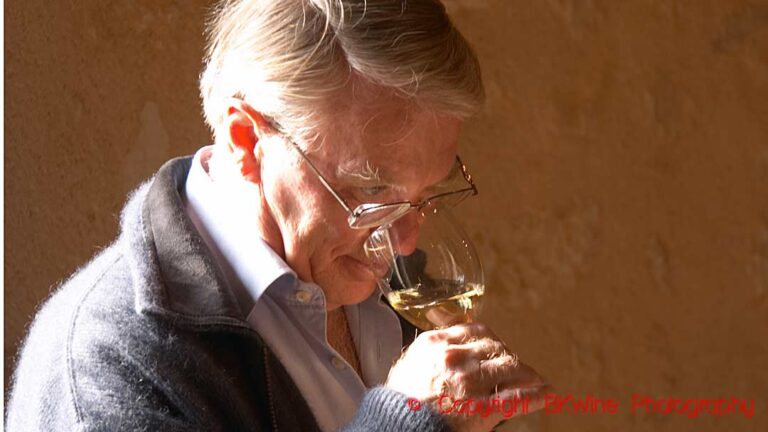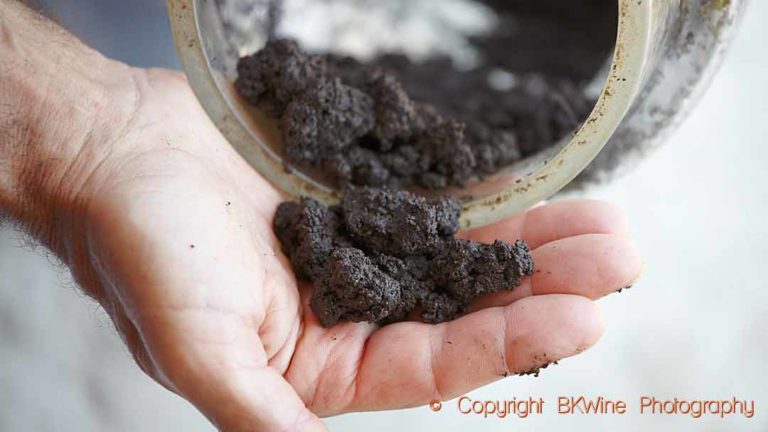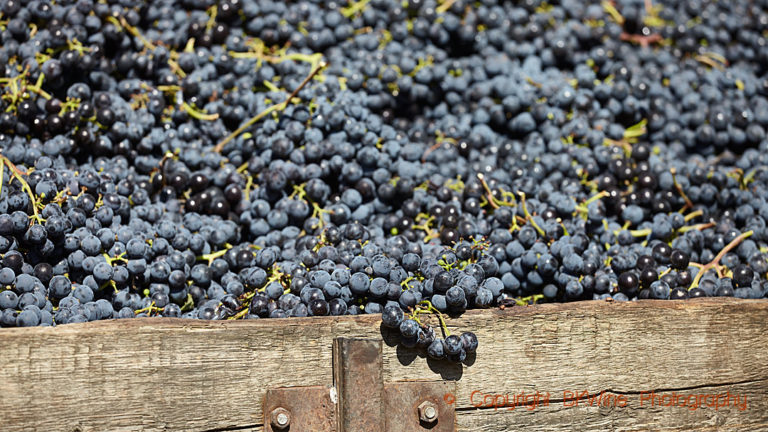Organic wine is becoming increasingly popular. Many consumers look for it and many producers convert to become organic. But what is it really, organic wine? On this web conference video masterclass we explain what it is.
A while back we were invited by WineEd in the UK to participate in one of their video conference webcasts, their Monday Masterclasses. They wanted to organise a masterclass on organic wine and we felt very honoured to be the people that they contacted for this presentation.
WineEd is a UK-based wine education organisation. Given “the current situation” their education programmes have been moved completely online. It is run by Miles MacInnes and Leona de Pasquale. In the spring season and summer they organised a number of master classes on various subjects, Bordeaux wines, riesling, Chinese wine, rosé, Australian wines, orange wines and many more. You can find all WineEd’s master classes online on YouTube.
Our theme was organic wine. We set out to try and explain what organic wine is and to dispel some of the myths and misunderstandings about it, in the little over 30 minutes that we had. Instead of doing a traditional presentation we decided to do it as a conversation between the two of us. A kind of staged questions-and-answers if you want…
As a brief introduction, here are some of the most important things about organic wine:
- The fundamental aspect of it is what you are allowed and not allowed to do in the vineyard. Organic wine producers are not allowed to use synthetic chemical sprays and are not allowed to use systemic or penetrating products.
- However, they are allowed to use organically approved pesticide sprays, the most important products being based on copper and sulphur. Copper and sulphur are used to fight the two otherwise devastating diseases in the vineyards, powdery mildew (oidium) and downy mildew (mildiou). Without these (chemical) sprays it would be difficult to make any wine at all. You would in most cases hardly get any grapes to pick. It is strictly regulated how much copper they can use. (The use of copper is the hottest area of debate regarding organic wines.)
- They are not allowed to use chemical herbicides.
- In the wine cellar, organics also have a slightly more limited range of products and techniques that they can use, compared to conventional producers. But the differences are not so big in most cases.
- Within the EU, there is only one single definition of what “organic wine” means. In all EU countries the rules for organic wines are identical, and thus, an organic label means the same in all countries. Most other countries (outside the EU) follow the same rules, since they have to if they want to sell their wines in the EU. The US is slightly different.
- All organic wine must have the green “EU leaf” on the label (if they want to say they are organic). They can in addition have other indications, such as “organic wine”, “agriculture biologique”, “Ecocert” etc, but they bring nothing additional. Often the control organisation is mentioned (e.g. Ecocert)
- Organic wine is not the same thing as biodynamic wine or natural wine.
- Nor is sustainable wine the same. In fact, sustainable wine and organic wine are two concepts that in many ways are complementary. They cover largely different aspects of wine production but strive towards the same goal.
- The term “wine made from organic grapes” was used before 2012, the year when the EU defined what organic wine is. Today, it is no longer allowed, and must not be used. (In the EU.)
Here’s the video from the WineEd masterclass:
Please note: There is one detail in the video that needs to be corrected. We mention the US denomination “wine made with organic grapes” and say that it requires 70% of the grapes to be organic. That used to be the case but the rules have changed (for the better). Today, the USDA/NOP rules for “wines made with organic grapes” states that 100% of the grapes must be organic. (But please note that this is a denomination that cannot be used in the EU.)
If you want to know more about organic wine, and similar concepts, you can read our series of articles on the subject:
This is an article in our eight-part series. Here’s the full series of articles on organic, biodynamic, natural and sustainable:
- Organic, biodynamic and sustainable wine, an overview | part 1
- Organic viticulture: What is it really? | part 2
- Organic wine: in the wine cellar | part 3
- Organic certification | part 4
- Biodynamics: What is it really about? | part 5
- Natural wines | part 6
- Sustainable wines | part 7
- The future of organic wines | part 8
- Bonus: Video master class on organic wine
If you want to know even more about this subject you can read our book “Biodynamic, Organic and Natural Winemaking”.











One Response
Hello Britt and Per,
I really enjoyed your series and plan to buy your book. As the Founder of The Natural Wine School, I appreciate the details you share. Our goals are to educate wine professionals and their teams on natural, organic, and biodynamic wines (as well as conventional) as well as how wines fit into consumers’ lifestyles and wellness priorities. If you would, your feedback on my Wine & Wellness Survival Guide (free) and articles in my newsletter, The Wine & Wellness Hub (free) would be greatly appreciated! You can find both here at http://www.thenaturalwineschool.com. I have a certification course that will be online this summer too.
I am interested in interviewing you for a Podcast or a recording to share on a platform called ClubHouse! Sharing quality information from expert sources is critical to the wine industry’s education on these wines.
Thank you and I look forward to your reply! I can arrange a Zoom meeting or other for communications.
Kathy Clancy
+1.440.321.7098